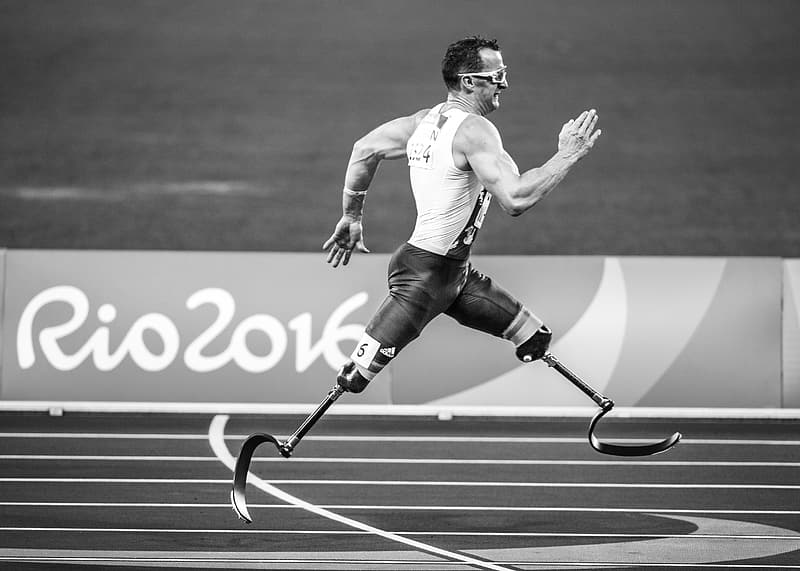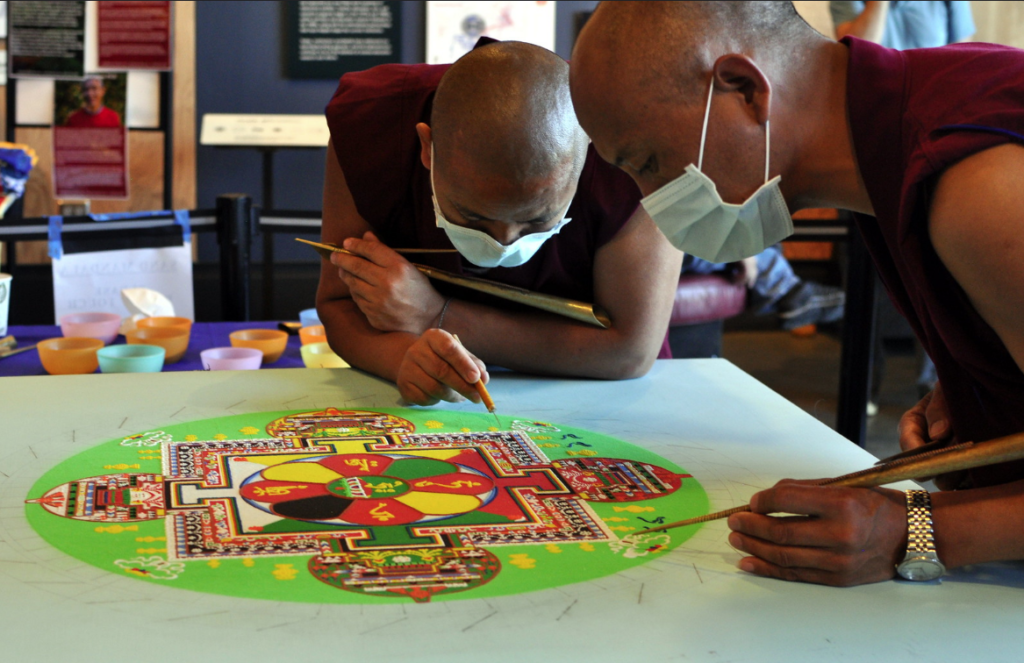The United States is the sports and entertainment capital of the world. That naturally makes the U.S. an ideal destination for foreign-born athletes and entertainers because of the immense financial potential and contribution to American culture. One of the primary ways for entertainers and athletes to enter the U.S. for work is by getting a type P visa.
P-1 Visa: Athletes with International Recognition
The P-1 visa is a temporary visa for individuals who are coming to the U.S. to perform at an internationally recognized level in a specific athletic competition as an athlete, either individually or as part of a group or team.
Individual athletes like a runner, tennis player or skier are all eligible for the P-1 visa. Athletes performing in individual events must be internationally recognized with a high level of achievement.
USCIS defines “international recognition” as “having a high level of achievement in a field evidenced by a degree of skill and recognition substantially above that ordinarily encountered, to the extent that such achievement is renowned, leading, or well-known in more than one country.”

If an athlete wants to participate in individual sports, consider whether they have received an honor/award in the sport, have competed in U.S. collegiate competition in that sport, and competed in international competition.
For athletes coming to the United States to participate in team events, they must have achieved significant international recognition in the sport. The event in which the team is participating must be distinguished and require the participation of athletic teams of international recognition. The focus for P-1A applicants is the team’s renown, not the individual’s prestige, which is key.
P-1B Visa: for Entertainment Groups Recognized as Outstanding
The P-1B for entertainers is slightly different from the P-1A in that the applicant must have been an integral part of a band, troupe, etc., for a minimum of one year.
While the applicant has to have performed with the group for at least one year., the entire group does not have to comprise original members. Let’s say Pete Best is transitioning out of the Beatles as Ringo Starr comes in. Pete Best could still get a P visa and play in the U.S.
P-3 Visa: for Culturally Unique Artists or Entertainers
The P-3 visa is an option for individual artists or entertainers wishing to enter the U.S. is through culturally unique music or art that is not common in the U.S. or performing another novel form of entertainment that can qualify for the P3.
For instance, jazz would not qualify because it is widely performed in the U.S. (However, OnlineVisas recently secured a P3 visa for a musician who played a unique mix of reggae, rap and African styles of music.)
An example of a novel form of entertainment that can qualify for the P3 is a burlesque dancer. OnlineVisas got a P3 visa for an Australian Moulin Rouge dancer to come and perform in America. Her shows involved skits that were forms of comedy with a vaudevillian feel interspersed with more risqué skits.

OnlineVisas has also obtained P3 visas for some of the Dalai Lama’s monks who performed culturally unique art in chanting and making sand mandalas that are not common in the U.S. It took the monks several days to make an intricate mandala that blew away in the wind.
OnlineVisas has years of experience helping dozens of athletes, artists and entertainers come to the U.S., get in touch to see how we can help you secure a P-1 visa.
